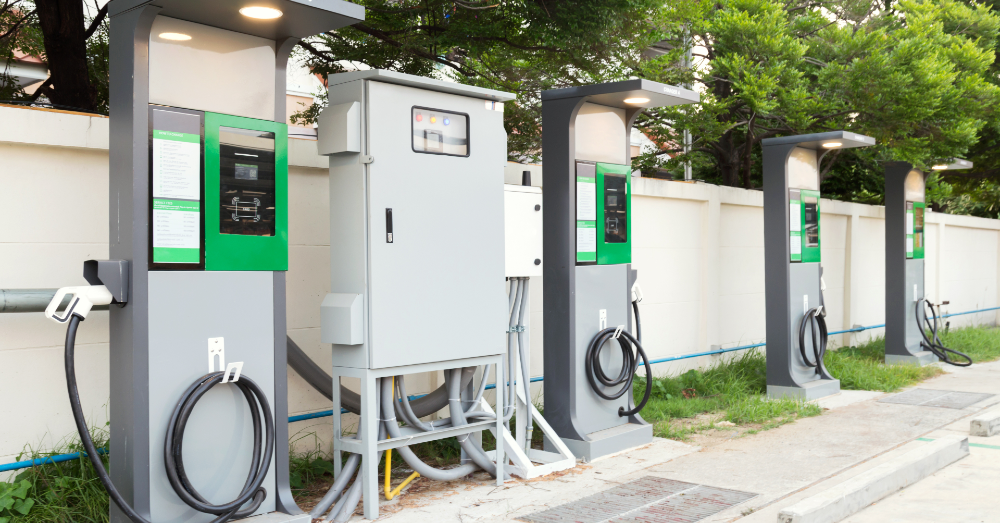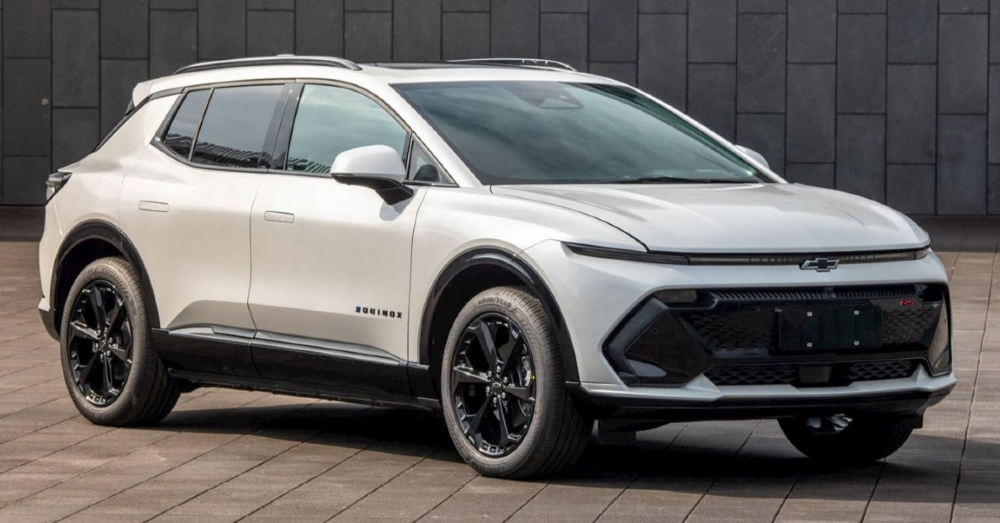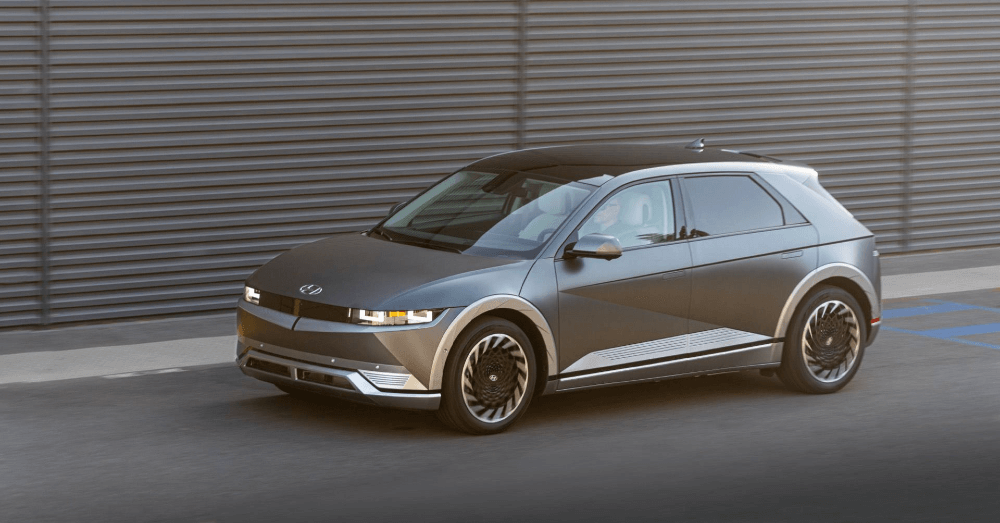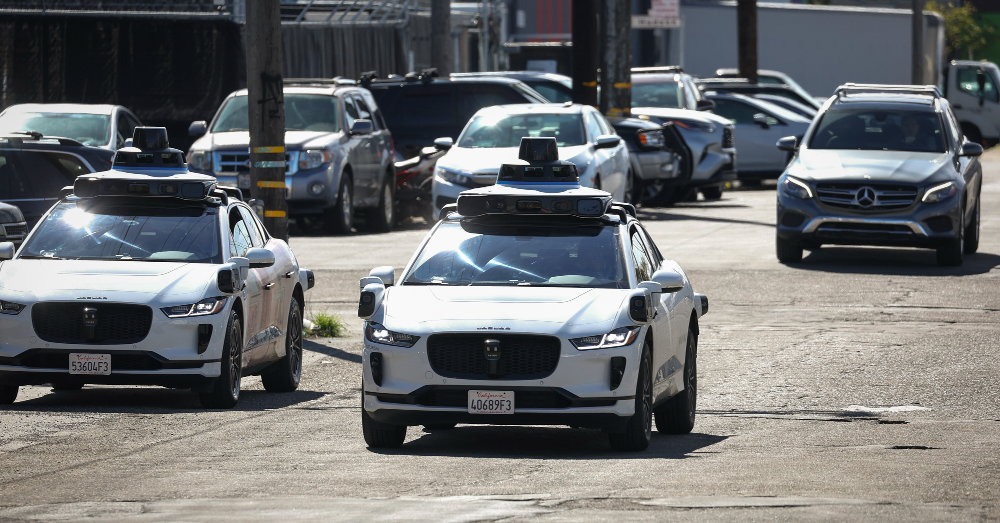
North Carolina Is Taking a Stand Against Free EV Charging
Is North Carolina actually mad about free EV charging, or does a House representative simply need a platform to get their name in the press?
Most likely, the latter is true. Even though Ben Moss, state House representative for North Carolina District 52, is sponsoring House Bill 1049, which does make this a bit of a political conversation, the truth is more in press coverage than being made about free EV charging. Even so, this conversation is sparked, and it’s time to dive in and see what we can uncover.
What Does House Bill 1049 Propose?
North Carolina House Bill 1049 would allocate $50,000 to destroy free electric public charging stations around the state. Does this make sense in a time when we’re moving toward electric vehicles? Not really. Even though this move doesn’t make sense to most of us, there is a bit of a caveat in the bill. Any free charging stations that also have free gas and diesel stations next to them are exempt from destruction. Anyone that thinks this is going to happen, please raise your hand. That’s what I thought, no hands for this one.
Could This be a Political Gag?
Every so often, there’s something strange that comes out of political arenas that reminds us that politicians are both human and have a sense of humor. Considering the free public chargers might cost a few dollars per hour to operate, and electric vehicles are the future, does it make sense for a bill to be in place that would destroy these chargers? Not really. That said, there might be something else afoot that we need to consider as the message coming out o the North Carolina state house, but what could that be?
The Obviously Not-So-Obvious Message
Could the message behind a bill that’s probably not a bill be that free EV charging is unfair? That could easily be the message coming out of the North Carolina state house. Just because someone chooses to buy an electric vehicle, should they be allowed to refuel for free while the rest of the world is stuck dealing with the roller coaster that is gas prices? That doesn’t seem fair, but who said the world was fair or that this would be? If a person can take advantage of the situation at hand, shouldn’t they do so? Some people don’t agree.
It Wasn’t Long Ago
It wasn’t long ago that Hydrogen Fuel Cell vehicles were tested across the country in California. These vehicles had a lot of rules for new owners to follow, including living close enough to a hydrogen refueling station to fill up as needed. During the testing phase, many owners received free refills of hydrogen in exchange for their feedback. Of course, the same isn’t happening with the free electricity offered at some Level 2 charging stations in North Carolina. The problem in this state is that free electricity for EVs doesn’t equate to those who have to fill up with gasoline.
What About Businesses With Free EV Charging?
Some businesses have installed public chargers outside of their locations for customers that drive electric vehicles. Often, these chargers are placed close to the door, making those that drive gasoline-powered cars park farther away. Not only does the EV driver enjoy a closer parking spot, but they get to charge up their car for free while eating. Is that fair? No, it’s not, but it is a way for some establishments to entice EV owners to bring their cars to the location for a bite to eat or while shopping.
Aren’t Some EV Being Made in North Carolina?
It seems a bit odd that North Carolina would be so mad at electric vehicles because two companies are building facilities in the state. These two facilities will produce electric vehicles. VinFast is building a 2000-acre factory that will put 7,500 people to work, and Toyota has a new factory going up near Greensboro where 1,750 people will work. Electric vehicles are putting thousands of North Carolinians to work, which doesn’t translate to the animosity that House Bill 1049 brings to the conversation.
Maybe It’s Just a Ploy to Get Us to Talk
Whether it was meant as a political gag with no real meaning behind it, as a conversation starter to point out the inequities in the refueling situation, or if the state is serious, this has gotten our attention. The difference between thousands of jobs with two new companies coming in with EV plants versus then one person that will take a week to rip out all the free EV charging stations is astronomical. Of course, North Carolina isn’t going to do anything to jeopardize the companies coming to the state to put people to work.
Free Charging Is Going Away
Another possible reason for coming up with this strange bill was to push others in the house to move faster on making free charging a thing of the past. In many states, the public chargers aren’t free. Customers need to have a membership or a credit card handy to pay for the charging they receive while at the location. Maybe North Carolina was left behind in the developmental phase of public charging across the nation, and those chargers haven’t been upgraded. Regardless, this issue has our attention, and EV drivers should begin to pay for their electricity in the near future.
Will Companies Be Required to Charge for Charging in the Future?
We don’t know if the charging stations located at private businesses on their property will need to start charging EV drivers for the benefit of plugging in or not. If one of the benefits of going to a store or restaurant in your EV is that you can get free EV charging while you’re there, wouldn’t you want to take advantage of the situation? Of course, you would, and no one would blame you. Although the driver of the diesel-powered, heavy-duty pickup truck might give you some sideways glances when you plug in your EV.
This post may contain affiliate links. Meaning a commission is given should you decide to make a purchase through these links, at no cost to you. All products shown are researched and tested to give an accurate review for you.



